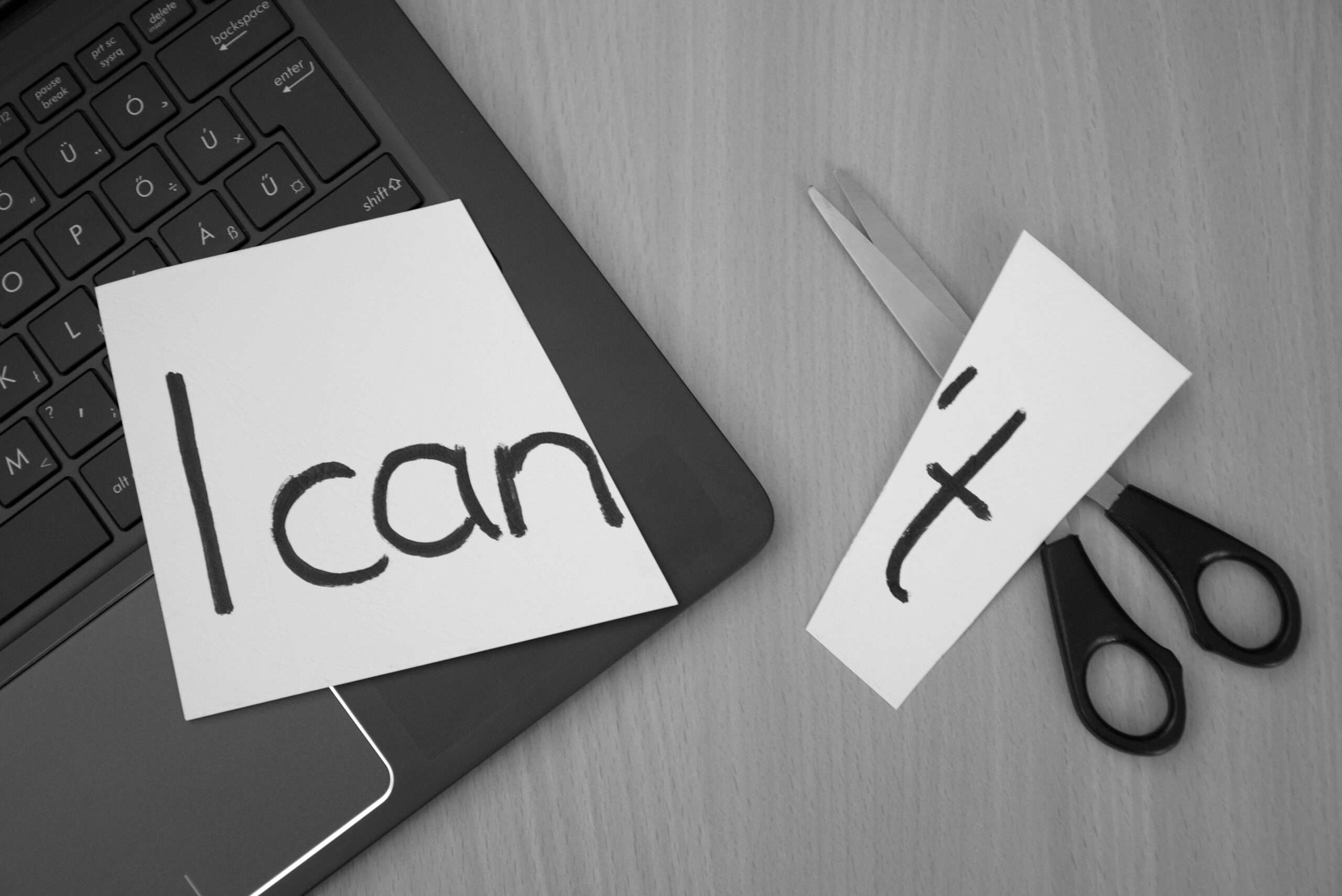Mental Health Disruptions During COVID-19
Mental health disruptions are one of the biggest concerns for people during this time. It refers to the changes in mood, thought patterns, and even the way individual views themselves. People are thinking of ways to stay healthy and how to avoid getting sick, but many forget to take care of their mental health as well. Mental health disruption can occur in several ways during COVID-19.












